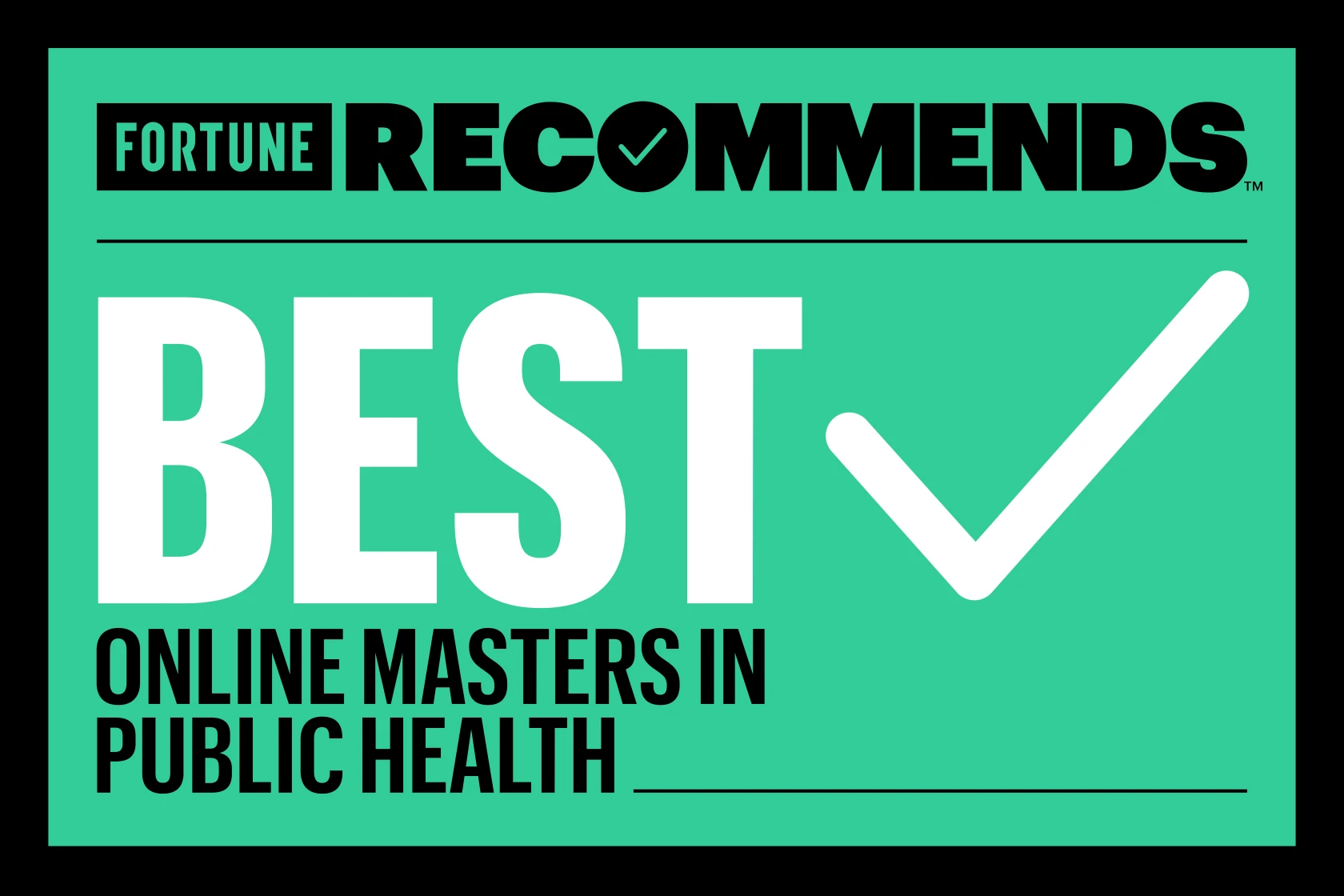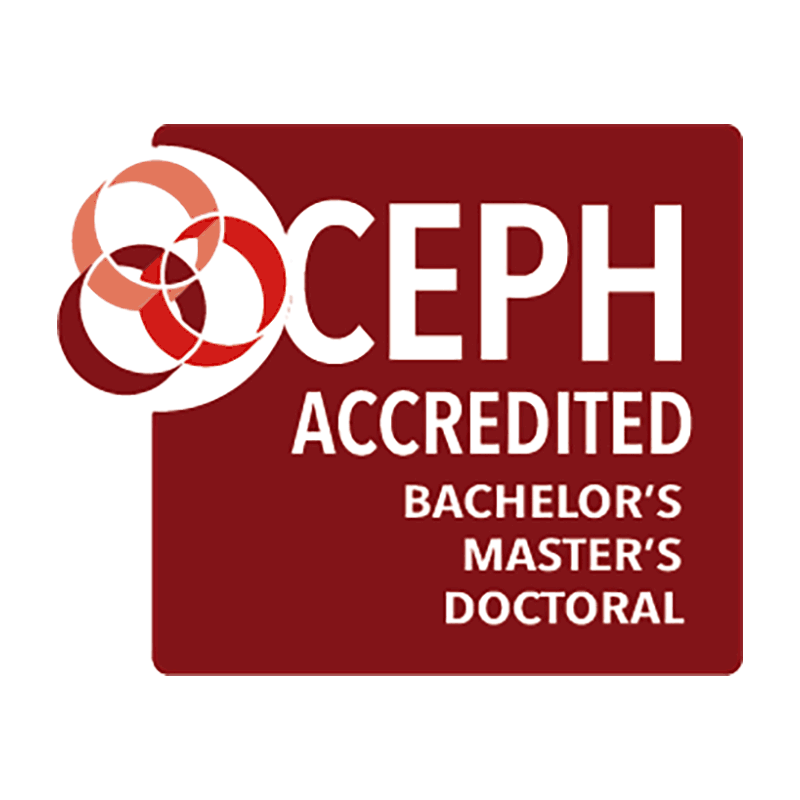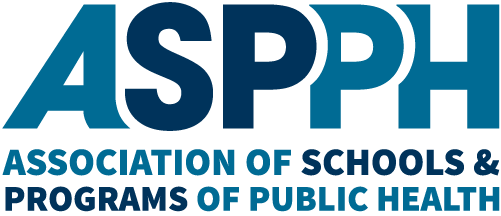
Earn Your Kent State Master of Public Health Online
To become a more effective and influential public health professional, you need Kent State University’s Online Master of Public Health (MPH). Each specialized degree curriculum addresses urgent priorities in population health—from managing healthcare systems to understanding disease patterns and changing health behaviors. Study with distinguished faculty on your schedule in any of three flexible, accredited, affordable programs:
- MPH in Health Policy and Management: Develop skills to lead healthcare organizations and shape policies that improve population health outcomes
- STEM-Designated MPH in Social and Behavioral Sciences: Master the design of community-based interventions that address health behaviors and social determinants of health
- STEM-Designated MPH in Epidemiology: Build expertise in statistical methods and research skills to investigate disease patterns and inform public health decisions
Each program combines rigorous academics with practical, real-world applications to prepare you for leadership roles in your chosen area of public health.
—Fortune
What can I expect from Kent State's online Master of Public Health programs?
Excellence and flexibility.
Kent State University’s online Master of Public Health programs deliver the academic rigor and research excellence you expect from a nationally recognized R1 institution—at a tuition rate that sets us apart from comparable programs. You’ll earn a respected degree from a top-tier public health institution without the financial burden typically associated with graduate education of this caliber. This rare combination of outstanding quality and accessible investment makes each of Kent State’s online MPH programs an exceptional choice for advancing your public health career.
The Council on Education for Public Health (CEPH) and the Association of Schools and Programs of Public Health (ASPPH) accredit our online MPH programs, ensuring adherence to the highest educational standards. This accreditation, combined with our #10 national ranking and Quality Matters certification, reflects our commitment to excellence in online public health education.
Our Military Friendly Gold Designation recognizes Kent State University's outstanding service to the extended military community and all our students.

Three Pathways to Public Health Leadership
Choose from three specialized online MPH degrees. Each one includes 14 courses totaling 46 credit hours, and you will participate in an applied practice course and integrative learning experience.
Health Policy and Management
Social and Behavioral Sciences
Epidemiology
Build the Career You Want
Take your career to a higher level with Kent State’s affordable, flexible undergraduate and graduate public health programs. Our 100% online programs allow you to keep up with your current responsibilities while you study. Find out how these programs can help you create the career and positive public health impact you want to have.
Download our guide to learn more about:
- Career Opportunities
- Customizing Your Degree
- The Student Experience
- Admission Requirements
- Tuition and Financial Aid
Download Program Brochure
This will only take a moment.
Earn More, Do More With A Kent State Online MPH
Your Kent State Online Master of Public Health can help you be more effective and influential, and earn a better salary, in this diverse and growing field. The U.S. Bureau of Labor Statistics projects that the healthcare and social assistance sector will add jobs significantly faster than the overall growth rate for all occupations.2 Additionally, a public health professional with a master’s degree can earn substantially more than one who has just a bachelor’s degree.3

Command higher salaries. Take the lead in public health.
Command higher salaries. Take the lead in public health.
With a Master of Public Health degree, you’ll be prepared for leadership roles that draw salaries like these:
“The Kent State MPH program gave me the knowledge, confidence, and connections I needed to make the big first leap into my career in public health and I truly believe that I am far beyond where I would have been if I had not pursued my MPH.”
Move Forward with Kent State
Increase your ability to make a difference in the public health area of your choice.
Kent State University’s commitment to helping you move ahead in your public health career begins with admissions. In our online MPH programs, no GRE is required. Instead, we rely on a holistic approach to enrollment.
That’s just the beginning of the ways we’ve customized our program to serve working professionals. Named one of America’s Best Colleges, Kent State prioritizes creating affordable education for our students and providing access for all.8,9

Build Your Skills With Recognized Experts
Kent State's online MPH programs are taught by distinguished faculty who are active leaders in public health. They bring extensive professional experience and scholarly expertise to every course. In our virtual classrooms, these accomplished public health experts use real-world experiences and current case studies to help you put theory into practice while you're still learning.

Accelerated MPH for Kent State Undergraduates
Earn your MPH faster and save on tuition. If you're a Kent State junior or senior with a qualifying GPA, you can apply up to 9 credit hours toward both your bachelor's degree and your Master of Public Health.
Have questions? We have answers.
Choosing the right online program comes with lots of questions, and our admissions outreach advisors, Taylor and Lilly, are here to help you sort through them all. Connect with this friendly, knowledgeable team for personalized guidance. They’ll make sure you have everything you need to feel confident about your next steps at Kent State.

Admissions and Application Deadlines

- From Fortune. ©2024 Fortune Media IP Limited. All rights reserved. Used under license. Fortune and Fortune Media IP Limited are not affiliated with, and do not endorse the products or services of, Kent State University.
- Retrieved on August 20, 2025, from bls.gov/news.release/pdf/ecopro.pdf
- Retrieved on August 20, 2025, from nces.ed.gov/programs/coe/indicator/cba/annual-earning
- Retrieved on August 20, 2025, from bls.gov/ooh/management/medical-and-health-services-managers.htm
- Retrieved on August 20, 2025, from indeed.com/career/biostatistician/salaries
- Retrieved on August 20, 2025, from payscale.com/research/US/Job=Hospital_Administrator/Salary
- Retrieved on August 20, 2025, from ziprecruiter.com/Salaries/Health-Policy-Advisor-Salary
- Retrieved on August 20, 2025, from money.com/best-colleges/profile/kent-state-university-at-kent/
- Retrieved on August 20, 2025, from kent.edu/today/news/kent-state-named-most-affordable-ohio-college





